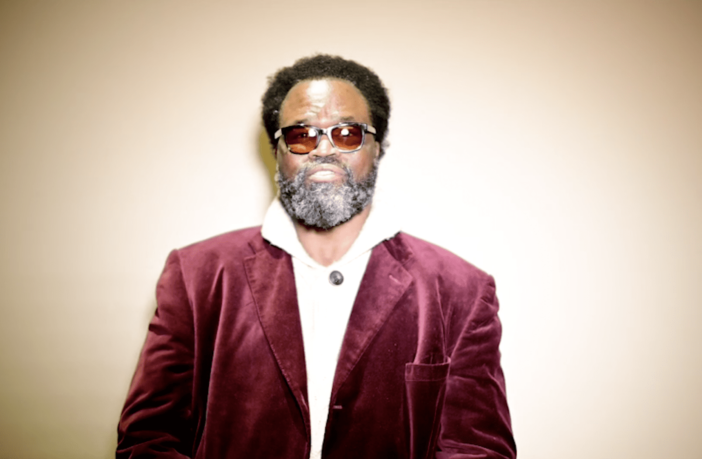Comerica Bank financial education expert Irvin Ashford Jr. shares insight on the value that many people miss by not establishing a relationship with a bank. Ashford’s gives tips to help people establish a relationship with a banker.
How is Comerica Bank celebrating Black History Month?
We are celebrating Black History Month with our African American business resource group, and our other African American affinity groups. It’s important to celebrate Black History Month, because Black people, Black folks, the Black community, the Black business community, and Black individuals are worthy of being celebrated. This is our way of doing it and it should be done every month, but because February has been designated as Black History Month, we’re doing it this month.
What is your role?
I’m responsible for the way the bank shows up in the communities we serve. I’m responsible for making sure that the bank is a force for good, particularly in low to moderate-income communities, but also in diverse communities such as women, LGBTQ+, Native American, and Middle Eastern American communities. My role is to simply make sure that we’re doing all we can to help people be successful, and that we’re doing it in a fair and equitable way.
Why is having a career in the financial industry beneficial?
It’s important not only for African Americans but just any young person interested in developing their way forward. Anytime you partner and learn more about banking, you develop skill sets that can help your financial future. Second, when you help your financial future, you also help the financial futures of your family and friends in the communities which you come from. Finances make the world go around, so in order to be a good steward in your community, a good steward in the working world, increasing the understanding of how money works is important for us, particularly Black people.
What are three ways to start a conversation with a banker?
First, simply walk up to one and say hello, and introduce yourself. The second would be to do some research. Look at individual banks, websites or information online and gain contact numbers, and emails, and reach out with an email. Third, begin with the end in mind. Don’t be afraid of a banker or someone who does not look like you. You may not always have the opportunity to speak with an African American banker, but reach out to other bankers. Most bankers want to do business with you. The banks want to do business with the communities where they live, work and grow. Take your time reach out and be adventurous.



